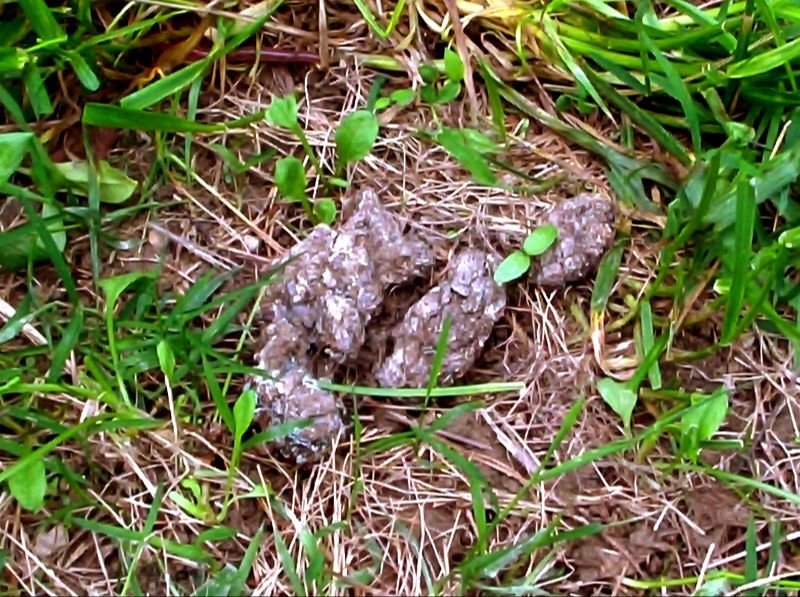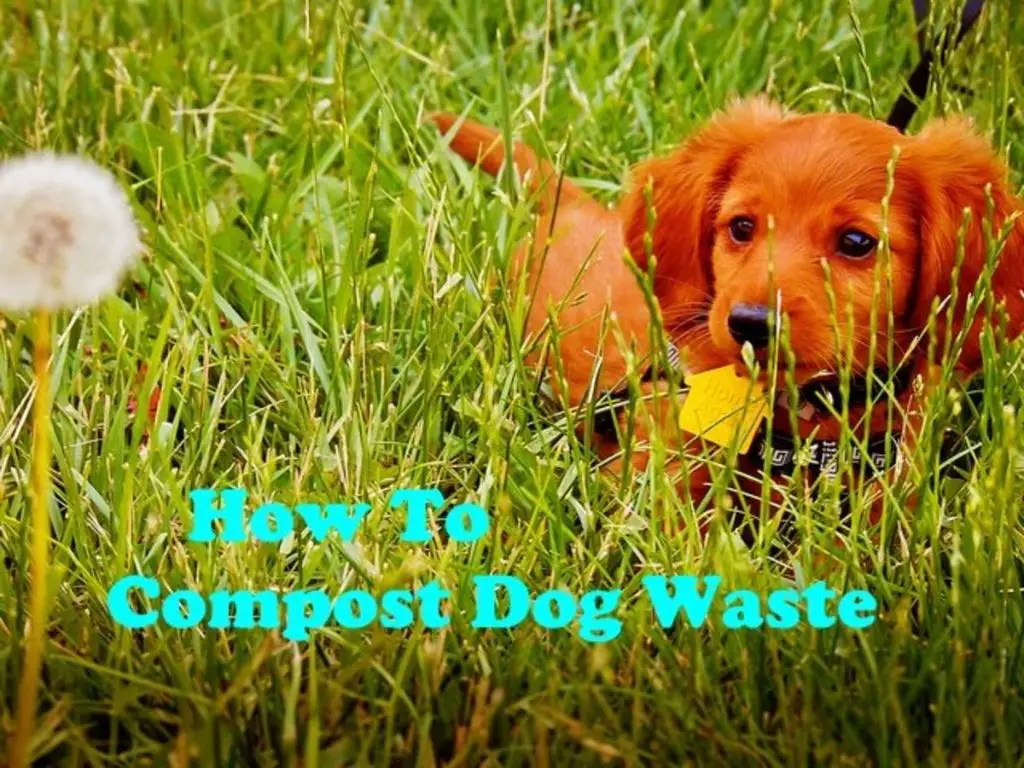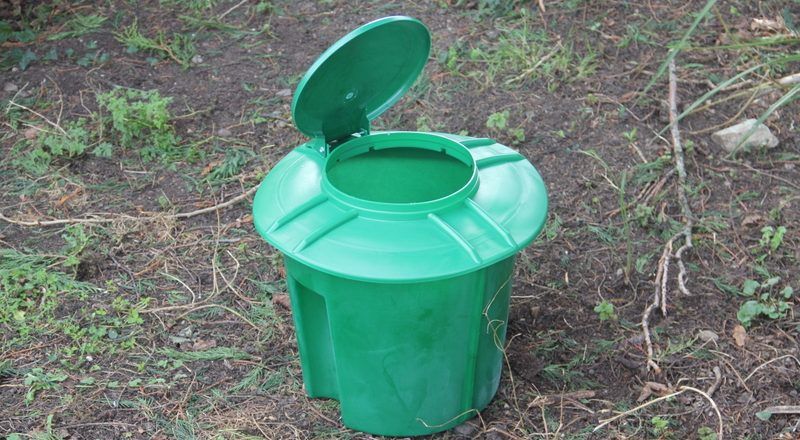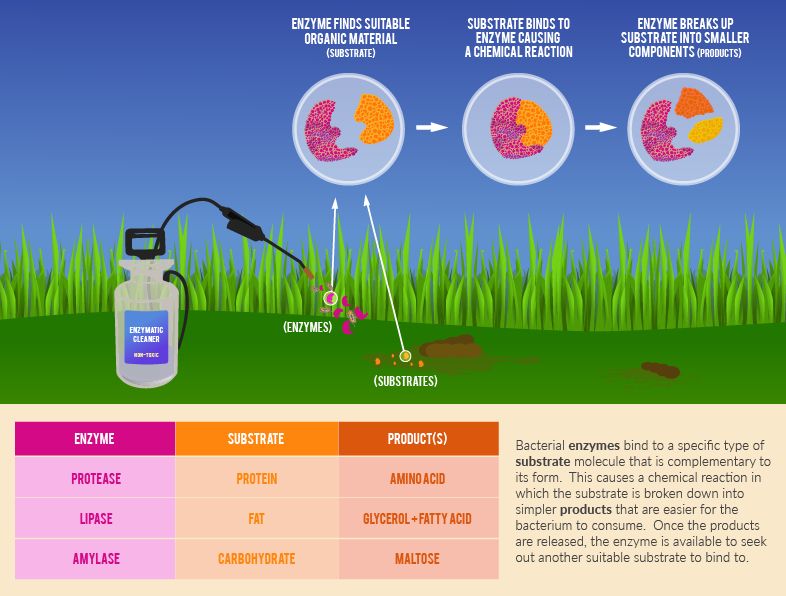Introduction
One of the challenges routinely faced by dog owners is dealing with piles of dog poop that litter yards and parks.
Dog poop that is not quickly removed or broken down can become an eyesore, create an unpleasant odor, and lead to the spread of bacteria and parasites. Allowing poop to accumulate goes against recommendations for responsible pet ownership and can even lead to fines in some municipalities.
The good news is that dog poop will eventually decompose, or break down naturally. However, the process can be slow, taking anywhere from weeks to years depending on conditions.
This article will look at tips for speeding up dog poop decomposition to keep yards cleaner and reduce environmental impact. We’ll explore different methods like burial, composting, commercial products, and best practices for disposal.
Why It Matters
Dog waste that is left to accumulate can pose significant dangers both to the environment and human health. According to the EPA, dog waste contains nutrients and pathogens that can contaminate water sources if not properly disposed of. The EPA estimates that 2-3 days’ worth of waste from just 100 dogs contains enough bacteria to temporarily close a bay or watershed area (Source).

Specifically, the pathogens and nutrients in dog waste can contribute to algal blooms that cover the surface of water bodies, blocking sunlight and depleting oxygen levels. This can kill aquatic life and make water unsafe for recreational use. Dog waste also contains nutrients like nitrogen and phosphorus that stimulate weed and algae growth (Source).
In addition, pet waste carries parasites like roundworms, hookworms, and E. coli that can be transmitted to humans and make them sick, especially children playing outside. According to the USDA, pet waste disposal systems help minimize these risks by containing and processing waste (Source).
Factors That Slow Decomposition
There are a few key factors that can slow down the decomposition process for dog poop:
Low moisture – Dog poop needs sufficient moisture in order to decompose. When conditions are very dry, such as during a drought or in arid environments, decomposition will occur much more slowly. Moisture helps activate microorganisms that break down organic matter.
Cold temperatures – Similarly, colder temperatures inhibit microbial activity and slow decomposition. During winter months or in cold climates, dog poop is likely to stick around longer before decomposing. The ideal temperature range for decomposition is between 60-100°F.
Soil quality – The quality and composition of the soil where dog poop sits can impact decomposition rates. Nutrient-poor soils with low organic content tend to decompose waste slower. Well-aerated, loamy soils with a good mixture of sand, silt, and clay provide an optimal environment for decomposition.
Ultimately, the ideal conditions for fast dog poop decomposition are warm, moist environments with nutrient-rich soil. Factors like low moisture, cold temperatures, and poor soil quality can all slow the process down. https://www.conserve-energy-future.com/does-dog-poop-decompose.php
Faster Decomposition Tips

There are several methods you can use to help dog poop decompose faster in your yard:
Burying Poop
One of the simplest ways to speed up decomposition is to bury the poop. Digging a hole about 5 inches deep and dropping the feces into it can reduce the time it takes to break down by up to 50%. The earth helps insulate the poop and provides ideal moisture and microbial conditions for decomposition. Just be sure to bury it away from vegetable gardens or anywhere food is grown. Covering it with a layer of dirt helps reduce odors and keeps pests away.
According to pet experts, burying dog poop can make it decompose in as little as 1-2 weeks, versus months on the surface. For best results, bury in areas with plenty of soil bacteria, like near shrubs or trees. Avoid low, wet areas where poop might not fully decompose.
Composting Poop
Adding dog poop to a compost bin or pile is an effective decomposition method. The heat, moisture, and microbial activity in an active compost will help break down the waste. For best results, mix the poop thoroughly with brown materials like dried leaves, sawdust, or shredded newspaper to balance the carbon and nitrogen ratio. According to DoggyDooGood, adding 2 parts carbon for each part dog poop creates optimal composting conditions.
It’s important to let the compost fully heat and cure before using it on vegetable gardens. Temperatures between 130-150°F kill off pathogens in dog waste. Finished compost should not have any foul odor.
Commercial Decomposition Aids
There are also commercial dog waste decomposers that contain enzymes, microbes, and odor reducers to speed up breakdown. Products like NaturVet Yard Odor Eliminator and Doodie Vault septic system can dissolve poop within days. These aids pour directly onto the feces and penetrate deep down to accelerate natural biodegradation.
For best results, reapply daily until the poop is gone. The enzymatic action helps liquefy solid waste while neutralizing odors. However, commercial decomposers may be more costly than homemade solutions.
Burying Poop

Burying dog poop is a common way to dispose of it, but it needs to be done properly to avoid contaminating soil and water. According to the Sierra Club, burying dog poop can introduce dangerous pathogens into the environment if not done correctly (The Best Ways to Dispose of Dog Poop).
When burying dog poop:
- Dig a hole or trench that is 5-10 inches deep. The hole should be deep enough to allow the poop to decompose underground and prevent it from being dug up.
- Select a location away from vegetable gardens, play areas, or anywhere people frequently gather. Choose an unused area of your yard.
- Cover the poop completely with soil after placing it in the hole. Pack down the soil firmly.
Properly burying dog poop allows it to decompose naturally underground. Make sure to choose an appropriate spot away from high traffic areas or food growing areas. Dig deep enough to contain the waste. Completely covering it with packed down soil helps speed decomposition and prevent odors or contamination.
Composting Poop
Composting dog waste is an effective way to help it decompose faster. To compost dog poop, you’ll need to set up a proper compost bin or pile. The bin should be in contact with soil and have good drainage and aeration (1).
It’s important to maintain the right balance of brown and green materials in your compost. Brown materials like dry leaves, sawdust, or shredded paper provide carbon. Green materials like fresh grass clippings, fruit and vegetable scraps, or coffee grounds provide nitrogen. The ideal ratio for compost is 2 parts brown to 1 part green (2).
To compost dog waste, first collect the poop and mix it with sawdust or dry leaves in a sealable container. This allows it to begin breaking down before adding it to your compost pile. Bury the dog poop mixture under 10 inches of compost material like yard waste. Turn and mix the compost pile weekly so that the dog waste gets thoroughly distributed and decomposed (3).
It takes 2-3 months for dog waste to fully compost. The heat generated in the compost pile will kill parasites, bacteria, and weed seeds in the poop. Once fully composted, it can be used as a nutrient-rich fertilizer for lawns and non-edible gardens.
Commercial Decomposition Aids

There are enzyme-based products available that claim to help dog poop decompose faster. These products, often referred to as “doggie doo dissolvers,” contain enzymes and microbes that help break down organic waste.
Some pros of using an enzyme-based dog poop dissolver include:
- They can accelerate the decomposition process and reduce odor.
- Many are pet and environmentally-friendly.
- Some products are sprayable, making application easy.
However, there are some cons to consider as well:
- The enzymes may not work as quickly or effectively in certain environments or weather conditions.
- They require reapplication after rain or irrigation.
- Some products have strong odors that some owners find unpleasant.
- They can be more costly than traditional cleanup methods.
Overall, enzyme-based dog waste decomposers can be a convenient option for speeding decomposition. But pet owners should weigh the pros and cons to decide if using these commercial products is right for them.
Other Tips
In addition to commercial products, there are some other simple tips that can help dog poop decompose faster in your yard:
Hydrating the poop can speed up decomposition. Using a hose to lightly spray water over the poop every few days helps keep it moist, which allows microorganisms to break it down more quickly. Just be careful not to oversaturate the area.
Aerating the soil also promotes faster decomposition. Using a small garden fork to lightly turn over the top 1-2 inches of soil around the poop site once a week improves air circulation. This allows more oxygen to reach the poop and bacteria.
Frequent cleanup is key. The more often you can scoop and remove fresh poop, the less accumulation you’ll have. Allowing poop to pile up makes it harder for nature to decompose.
With just a bit of extra effort using these simple tips, you can help speed up the natural process of poop decomposition in your yard.
Preventing Accumulation
To prevent an accumulation of dog poop in your yard, it’s important to practice daily pickup and proper disposal. Scoop all poop in the yard at least once per day, if not more often. Carry poop pickup bags or a small shovel when taking dogs outside. Dispose of all poop properly by double bagging it and placing it in the trash.
You can also limit a dog’s access to certain areas of the yard to keep poop contained. Use fencing or tie-outs to restrict dogs to a smaller potty area that’s easy to monitor and clean. Train dogs to go in one designated spot, and focus cleanup efforts there.
Discourage neighbor dogs from entering your yard by installing physical barriers like fencing, or try repellents like citronella oil (https://www.lawnstarter.com/blog/lawn-care-2/how-to-prevent-neighbors-dog-pooping-in-yard/). Pick up poop promptly before smell encourages repeat elimination.
Conclusion
To recap, there are various ways to help speed up the decomposition of dog poop in your yard. Burying poop a few inches underground can allow it to decompose faster by bringing it into contact with soil microbes. Composting dog waste along with other organic materials like leaves, straw, and sawdust can also accelerate decomposition through microbial activity. Commercial dog poop decomposition aids like digesters, powders, and sprays containing enzymes or microbes may help as well. Other tips include picking up poop frequently, using digestible dog waste bags, keeping your yard clean and free of fecal buildup, and maintaining proper pH and nutrient balance in your soil. The key takeaways are to actively manage and facilitate decomposition through proper burial, composting methods, microbial additives, and maintenance. With some effort, you can speed up the process and prevent unsightly and unhygienic accumulation of dog waste in your yard.